Who We Are
© UNHCR/Antwan Chnkdji
Our Mission and Strategy
Scaling Evidence, Improving Response
At the end of 2019, an estimated 79.5 million people were forcibly displaced worldwide due to persecution, conflict, violence, human rights violations, and other events—that is, one percent of humanity (UNHCR Global Trends, 2019). Nearly 85 percent of refugees are hosted by developing countries, while least developed countries provide asylum to 27 percent of the total.
Given the scale and complexity of the situation, the World Bank (WB) and UNHCR, the UN Refugee Agency, have significantly stepped up their joint initiatives on forced displacement, through analytical work, collaboration with governments on microdata collection, and joint missions to inform World Bank and UNHCR programming on refugee situations, particularly through IDA-18 and the Global Concessional Financing Facility (GCFF). To further synergize efforts, both organizations, with support from the Danish government, inaugurated the Joint Data Center on Forced Displacement (JDC) in Copenhagen, Denmark, on October 10, 2019.
The JDC focuses on the collection, analysis, and dissemination of primary microdata. This refers to demographic and socioeconomic data, which includes information on income, poverty, skills, health, and economic activity among others. The data is anonymized to protect privacy and prevent the (re)identification of individuals. Our work encompasses refugees, internally displaced persons, stateless people, returnees, asylum-seekers, and host communities.
Our Mission Statement
“To enhance the ability of stakeholders to make timely and evidence-informed decisions that can improve the lives of affected people”
The JDC Timeline
SEPTEMBER 2016
New York Declaration on Refugees and Migrants recognizes the importance of improved data collection and enhanced international cooperation.
SEPTEMBER 2016
The WB announces the Global Concessional Financing Facility to provide development support on concessional terms to middle-income countries impacted by refugee crises. The WB and UNHCR conduct joint missions to inform innovative programming on refugee situations.
JULY 2017
The WB sets up the IDA-18 Regional Sub-Window for Refugees and Host Communities to provide dedicated funding to help low-income countries hosting large number of refugees. The WB and UNHCR carry out joint analytical work and missions.
APRIL 2018
The WB and UNHCR sign a Memorandum of Understanding to set up a Joint Data Center.
DECEMBER 2018
UN General Assembly affirms the Global Compact on Refugees, which emphasizes reliable, comparable, and timely data for evidence-based responses to improve lives of refugees and host communities.
OCTOBER 2019
The JDC is inaugurated by UN Secretary-General António Guterres, along with the Danish Development Minister, Rasmus Prehn, at the UN City in Copenhagen.
NOVEMBER 2019
UNHCR launches new Data Transformation Strategy 2020-2025 to boost data collection, management, and analytical capacities, reinforcing the crucial relationship with the JDC to ensure better-informed decisions that can improve socioeconomic circumstances for the affected populations.
DECEMBER 2019
UNHCR facilitates the first Global Refugee Forum in Geneva, Switzerland, bringing together the international community to demonstrate solidarity with the world’s refugees and the countries and communities that host them.
Our Governance
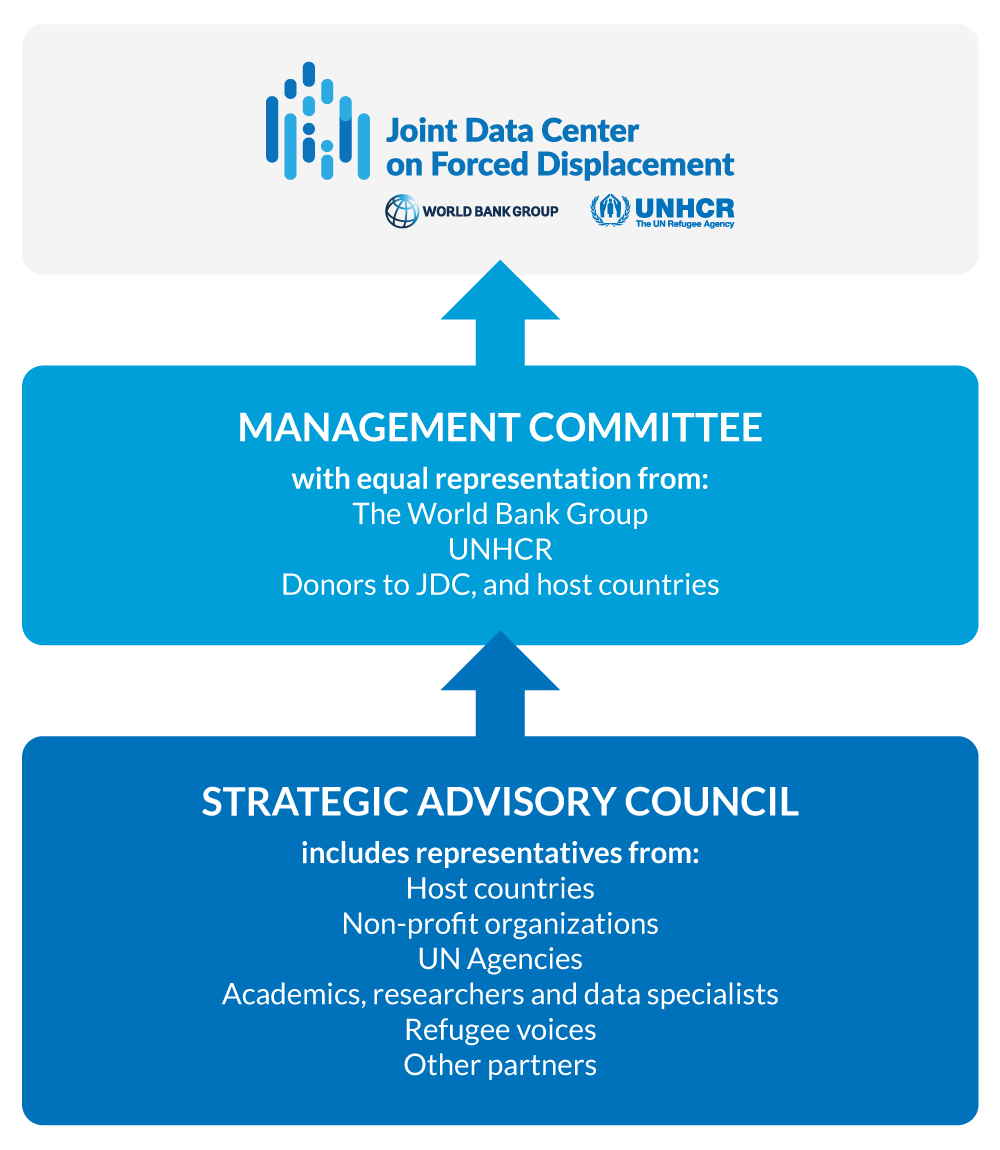
The JDC is located at UN City in Copenhagen, staffed equally by the World Bank and UNHCR.
Our Management Committee, which oversees the work of the Center, has equal representation from both institutions alongside donors to the JDC and refugee hosting countries. The Management Committee held its first meeting on January 31, 2020, with representatives from UNHCR, the World Bank, donor countries including Denmark, the United States of America and the European Union (EU), and refugee hosting countries Kenya, Uganda, and Pakistan. The Committee broadly endorsed the Center’s mission and objectives, further acknowledging building the foundations of the Center’s theory of change and results framework.
The Strategic Advisory Council (SAC), which informs the Management Committee, is represented by over 68 various organizations and stakeholders including non-profits, international organizations, UN agencies, refugee voices, academics, data specialists, and member countries. The SAC is not a decision-making body, but rather a forum for exchange of ideas, and open space for guidance, advice and discussion with the Management Committee and the JDC. The membership of SAC and the Center’s other partnerships will be expanded based on complementarity and synergies.
Donor Contributions
and Funding for the JDC
The JDC is funded by the Government of Denmark represented by the Danish Ministry of Foreign Affairs, EU represented by the EU Directorate-General for International Cooperation and Development (DEVCO), and the US Government represented by the US Bureau of Population, Refugees and Migration (BPRM). Donors to the JDC made a total pledge of $25,671,380.
The Danish pledge is for 2019–2023, the EU’s for 2020–2024 and the US’s pledge is for 2020–2021.
Photo: ©UNHCR/A.McConnell
Our Team
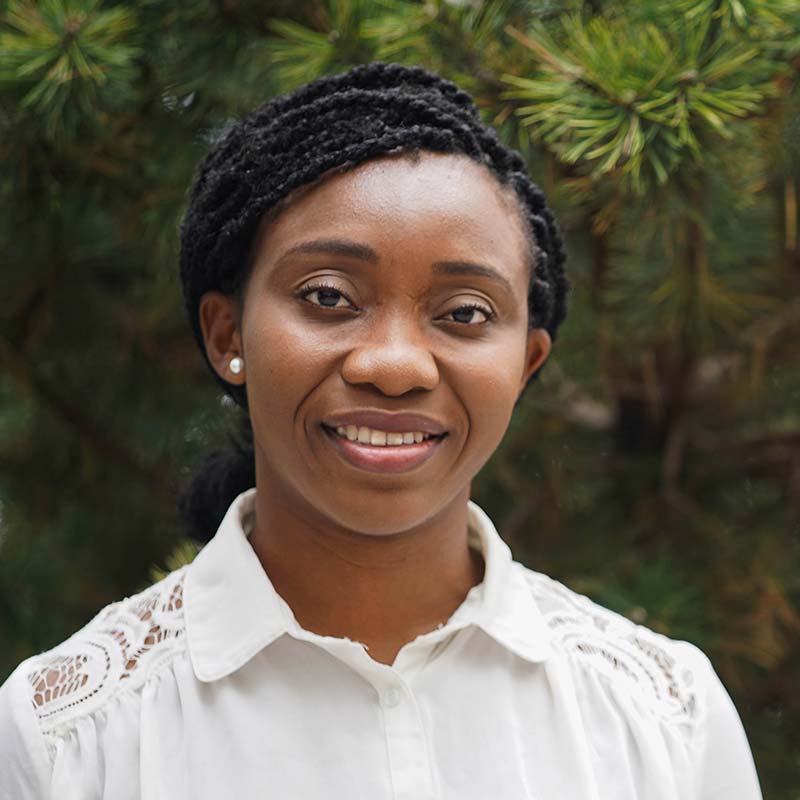
Agnes Gaga
Digital Communications Consultant

Arthur Alik Lagrange
Senior Economist
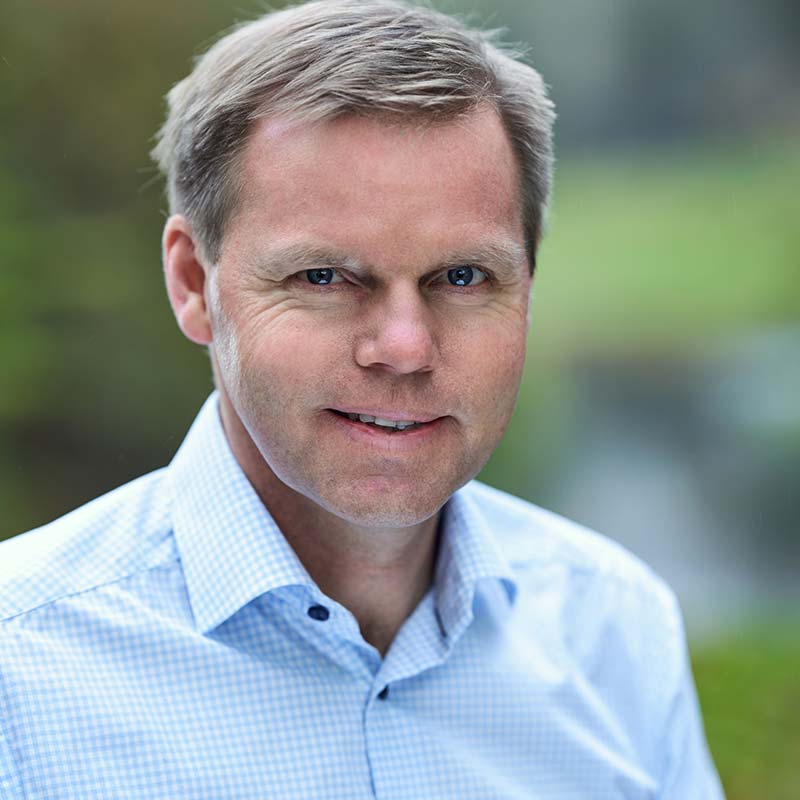
Björn Gillsäter
Head of the Center
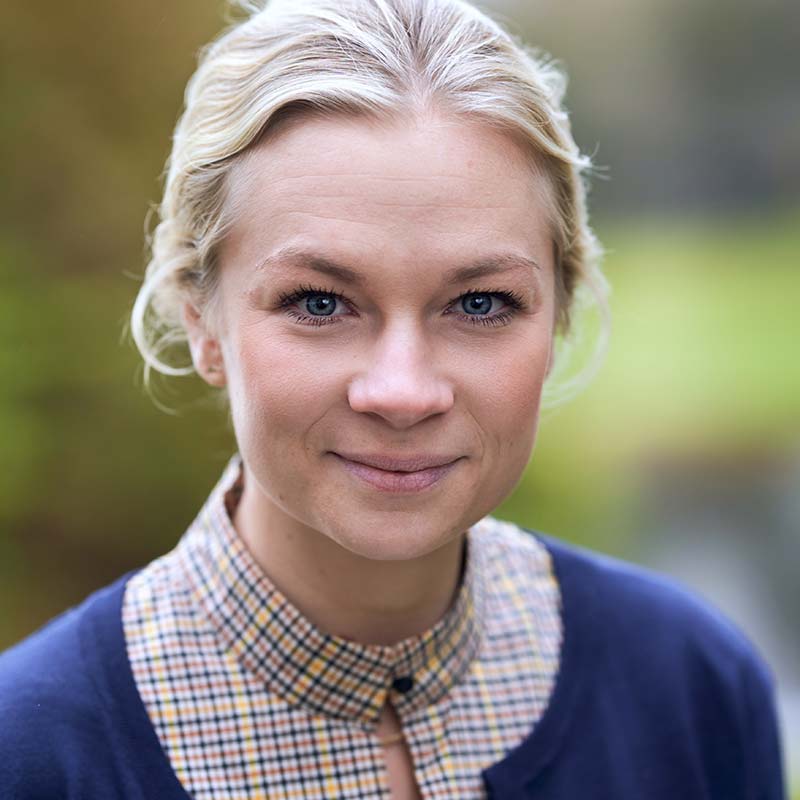
Charlotte Persson
Management Support Consultant
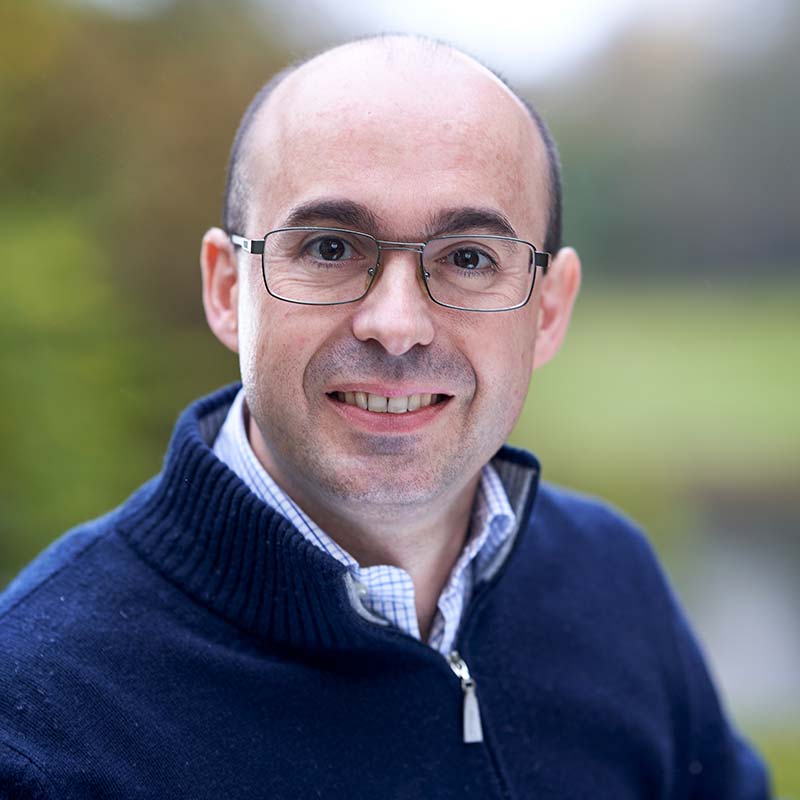
Domenico Tabasso
Senior Economist
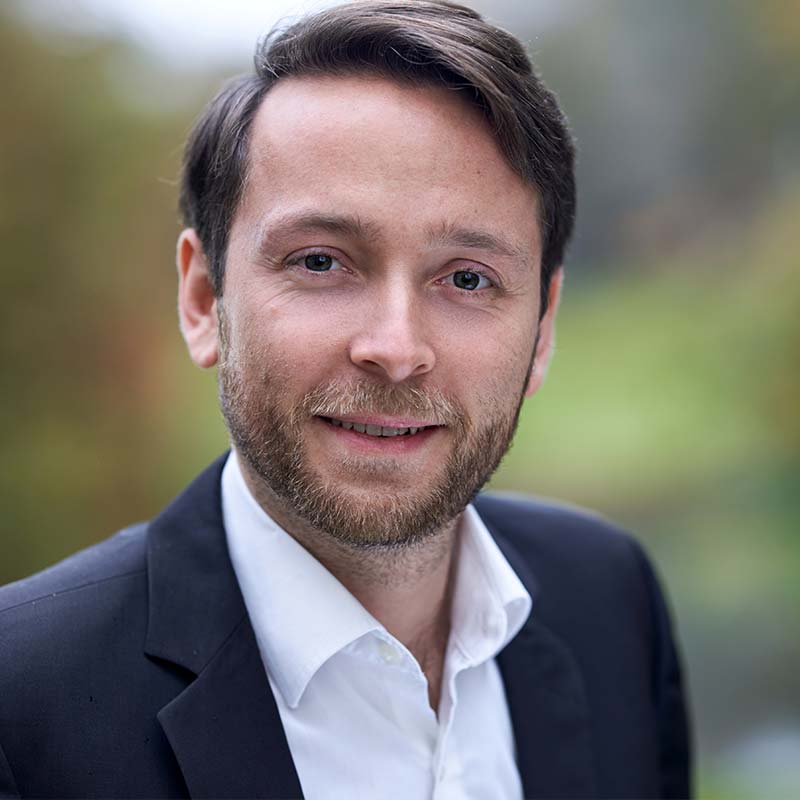
Felix Schmieding
Senior Statistician
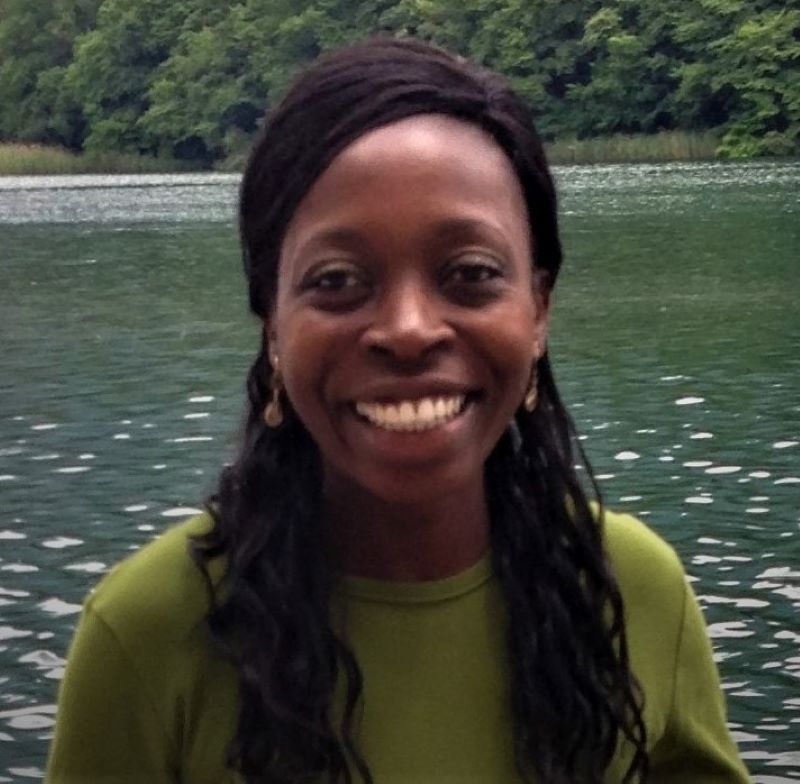
Harriet Mugera
Senior Data Scientist
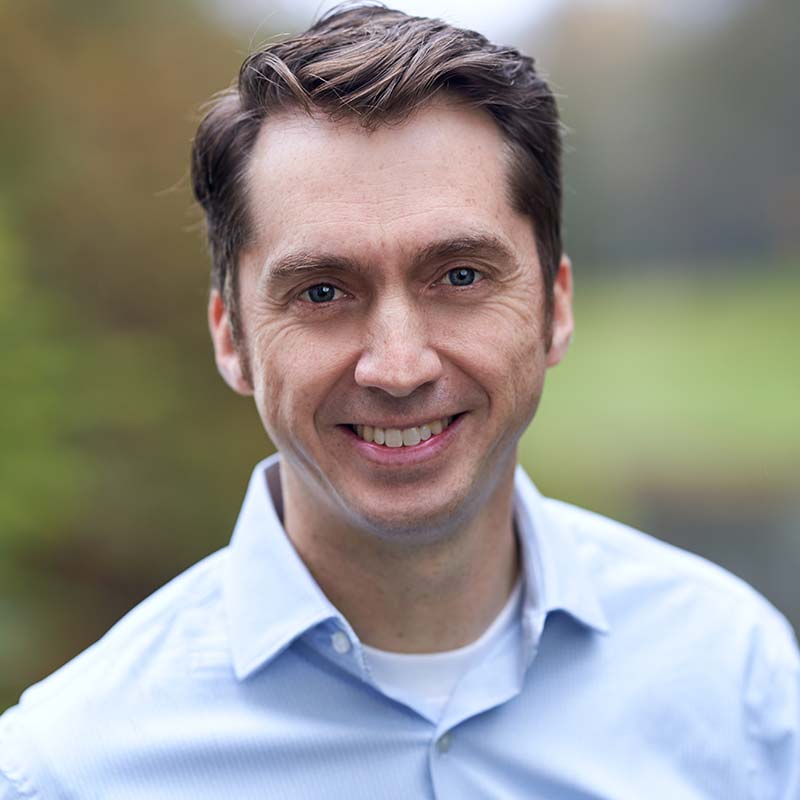
Jeffery Tanner
Senior Economist
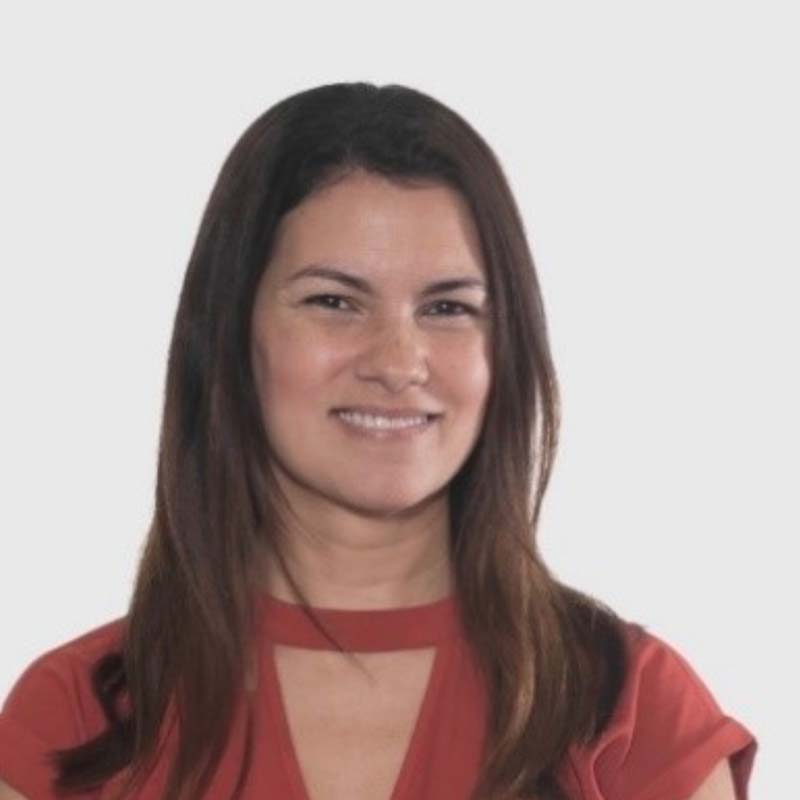
Katherine Perkins
Administrative Associate

Kiarã Soobrayan
Data and Economic Analysis Intern
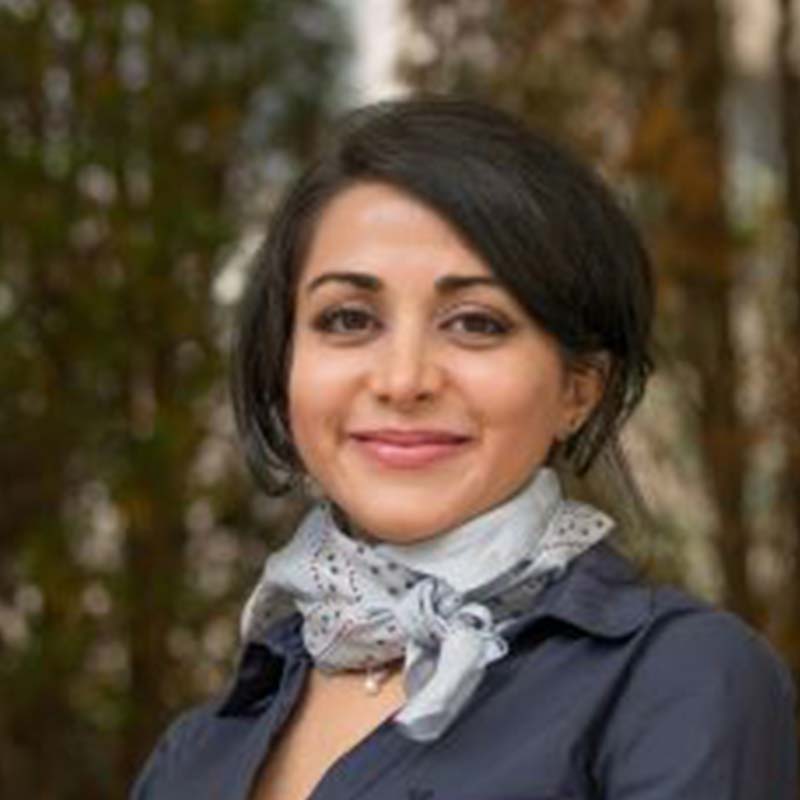
Leila Aghabarari
Fellow

Maja Lazić
Deputy Head of the Center
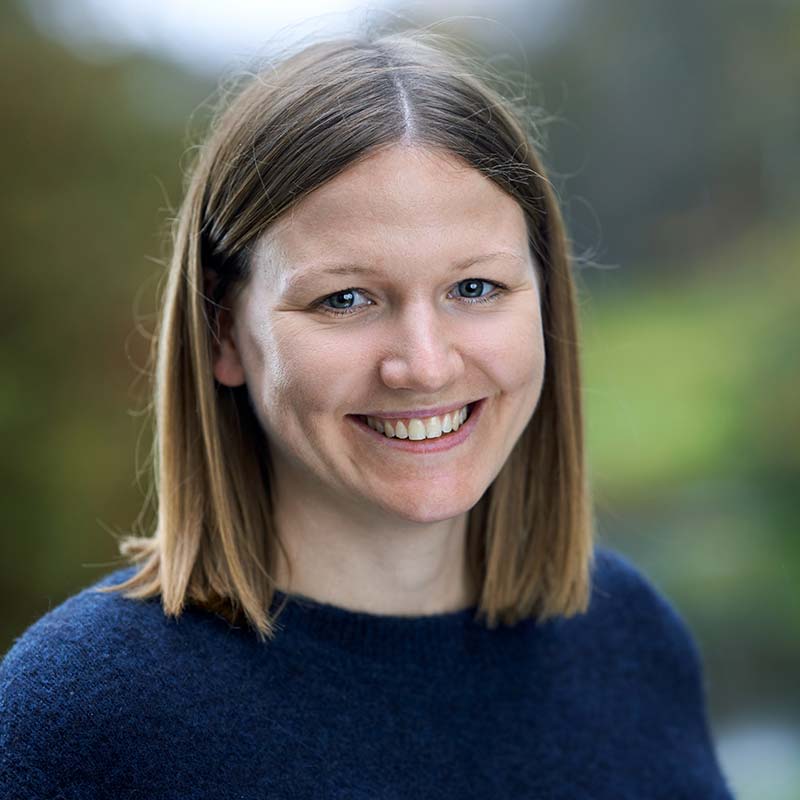
Marie Gertz Schlundt
Administrative Associate
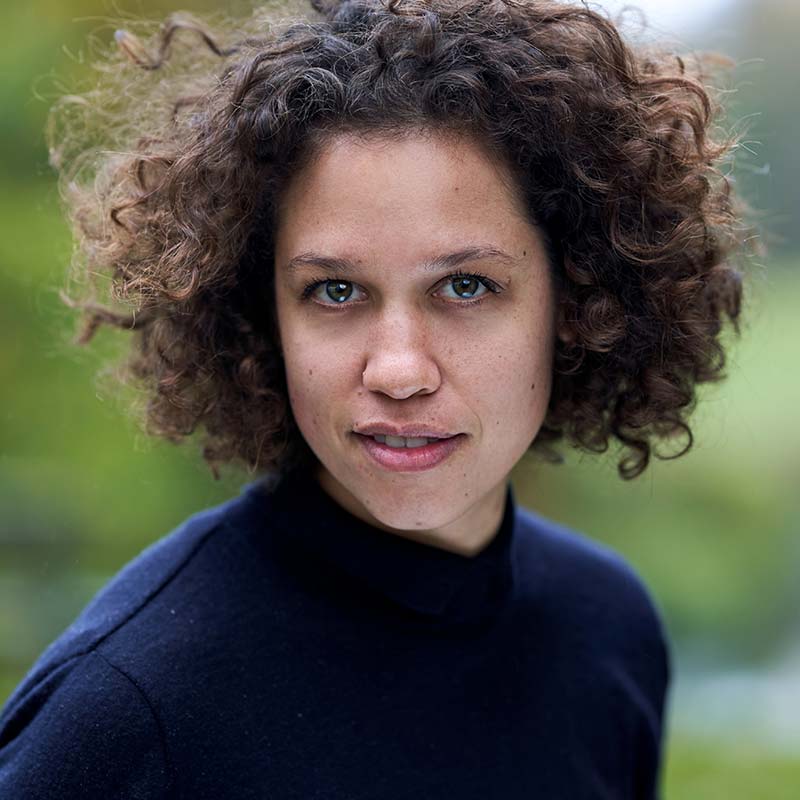
Natalia Krynsky Baal
Senior Strategy and Policy Advisor
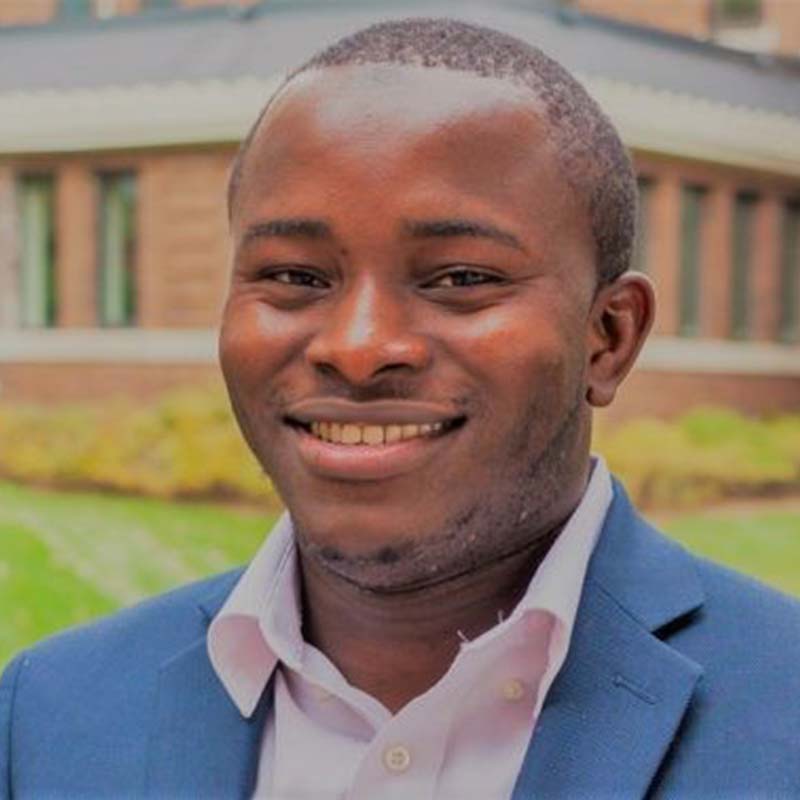
Nfamara K Dampha
Fellow
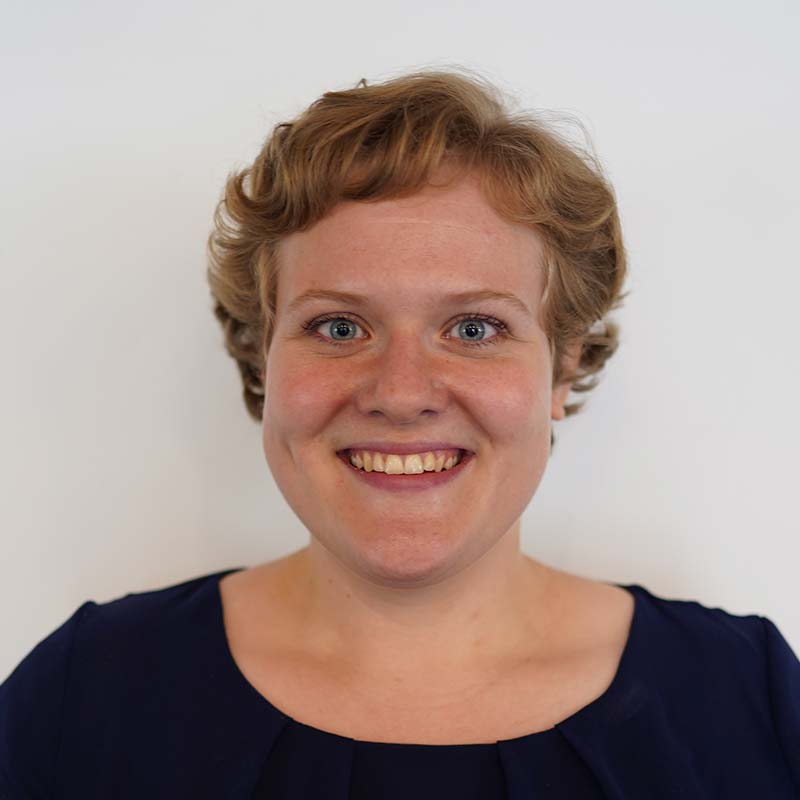
Sigrid Weber
Strategy & Policy Intern
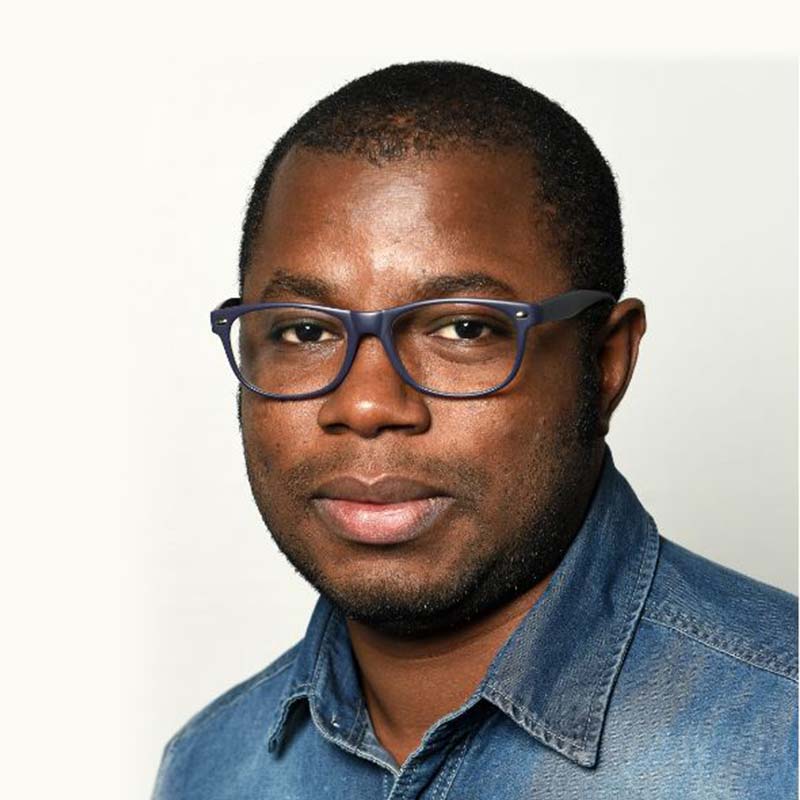
Sosso Feindouno
Fellow


